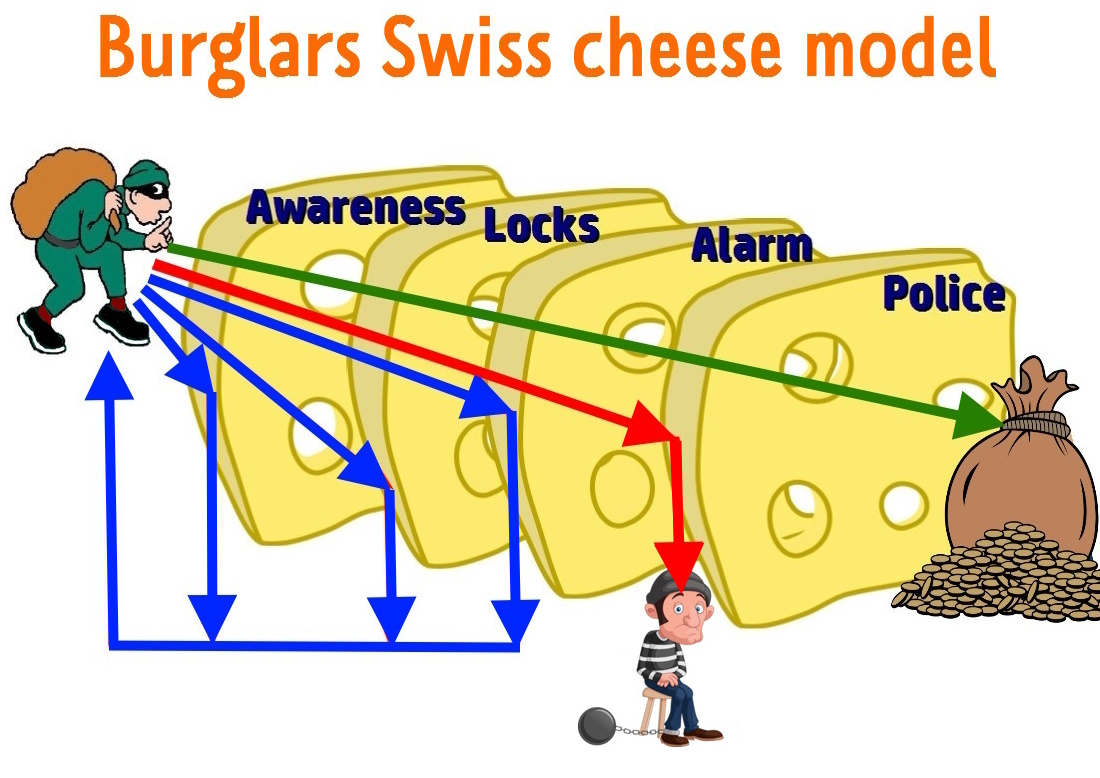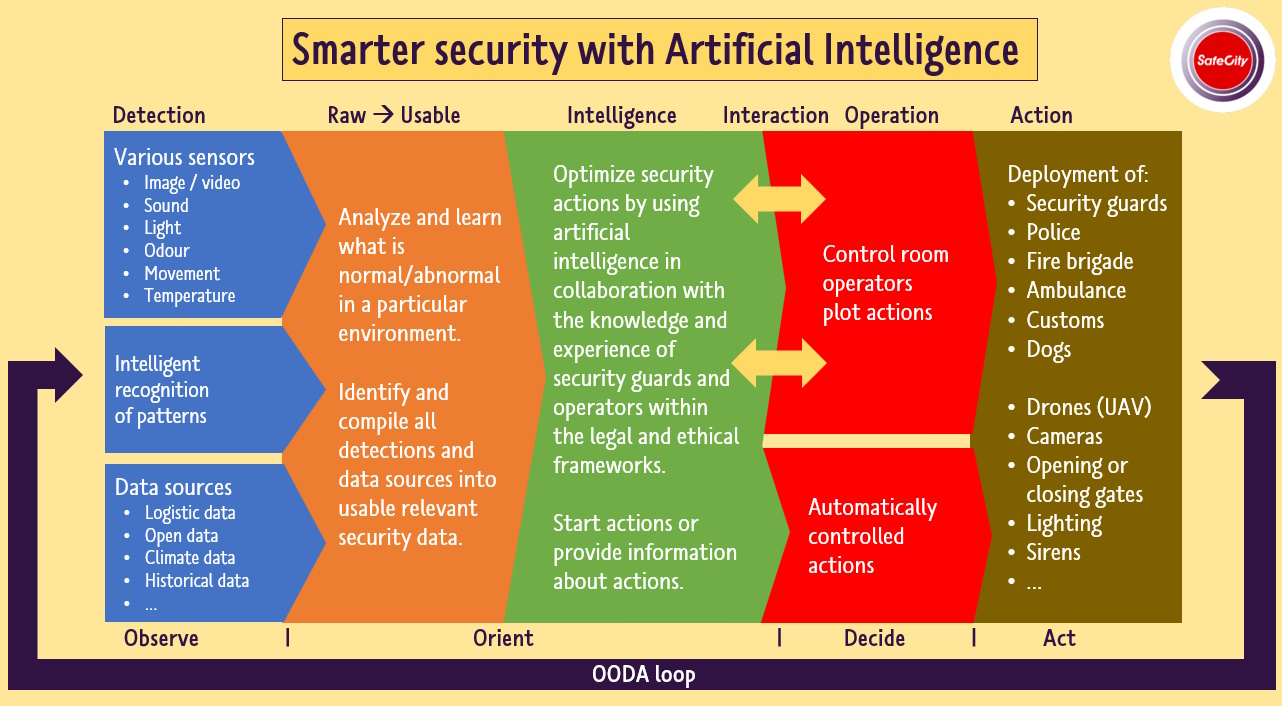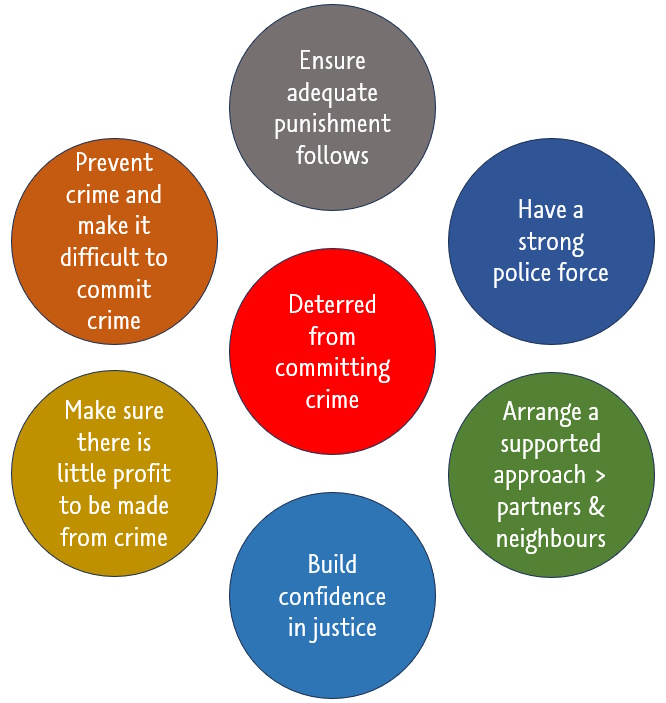Crime manifests in many forms, ranging from petty offenses to organized crime.
Specialists in law enforcement, justice, and security companies often find themselves engaged in an unequal battle, as they represent a minority in the face of widespread criminal activity.
The fight against insecurity has evolved into a need for defense, repulsion, and control of criminal attacks.
Minor offenses such as theft, burglary, assault, and fights can lead to severe consequences, which we categorize as high-impact crime.
We can combat high-impact crime in two primary ways:
- Enhancing Property Defense: Strengthening security measures to better protect homes and businesses;
- Eliminating the Benefits of Crime: Reducing the incentives for criminal behavior, making crime less appealing.










